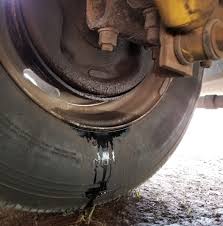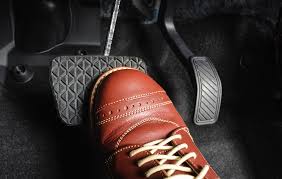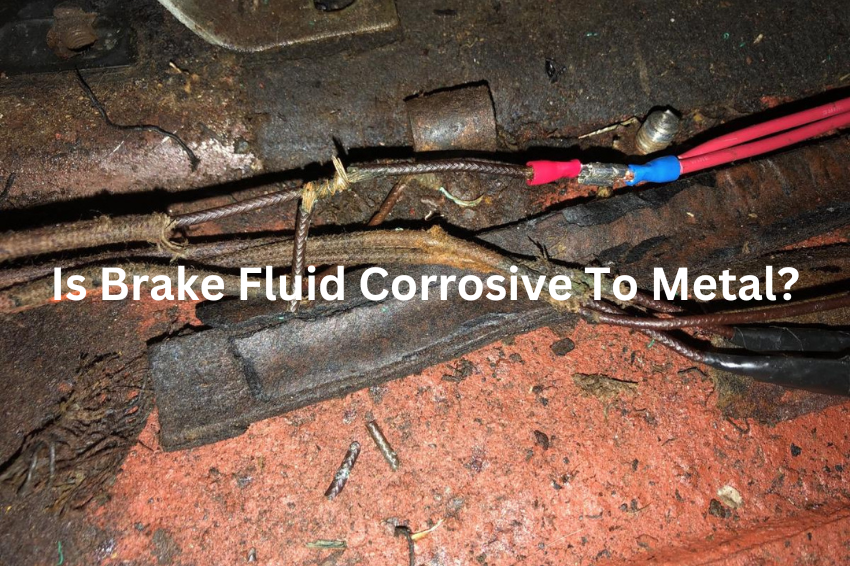Yes, brake fluid is highly corrosive to metal, especially aluminum and steel. Continuous exposure can cause rust, pitting, and component failure. Proper handling, storage, and cleaning are essential to prevent damage.
How To Clean Brake Fluid Off Metal?
Here’s how to remove brake fluid from metal without damaging it.
But before we jump Into the process, here is what you’ll need:
- Water
- Soap
- Paper towels
- Gloves
- Safety glasses
- A brake cleaner (optional)
Tip: Brake fluid can irritate your skin and eyes. So, before you start cleaning, put on your gloves and safety glasses.
Here are steps to clean brake fluid off metal:
- Be fast: The sooner you clean up the brake fluid spill, the better. Brake fluid can eat away at metal quickly, so don’t wait.
- Dry the excess: Use paper towels to soak up as much of the brake fluid as possible. Be careful not to spread it around.
- Wash with soap and water: Mix a bit of soap with water and scrub the area with a clean cloth or sponge. This will help remove the brake fluid.
- Rinse thoroughly: Make sure to rinse the area well with clean water to get rid of any soap residue and brake fluid.
- Dry it off: Use a clean, dry cloth to dry the metal completely.
However, you can use a brake cleaner for stubborn brake fluid stains.
But be careful, as brake cleaner can also damage paint.
If the brake fluid has been on the metal for a long time, there might already be some damage.
In this case, you may need to replace the damaged part.
To prevent brake fluid corrosion, always store brake fluid in a sealed container and keep it away from metal surfaces.
Brake fluid is really bad for metal.
Over time, it can eat away at the metal parts in your brake system.
This is called brake fluid corrosion.
If you’re not sure if your brakes are being damaged by brake fluid, here are some signs to look out for:
Rusty Or Pitted Brake Parts:
If you notice rust or small holes in your brake calipers, rotors, or other metal parts, this could be a sign of brake fluid corrosion.

Brake Fluid Leaks:
Brake fluid leaks can lead to corrosion because the fluid is constantly in contact with metal parts.
Look for wet spots under your car or puddles of brake fluid.

Soft Brake Pedal:
If your brake pedal feels spongy or doesn’t feel firm when you press it, it could be a sign of brake fluid problems, including corrosion.

Squealing Or Grinding Noises:
Strange noises when braking can be a sign of worn brake pads or rotors, which could be caused by brake fluid corrosion.

Pulling To One Side:
If your car pulls to one side when you brake, it could be due to uneven brake pad wear caused by corrosion.
If you notice any of these signs, it’s important to have your brakes checked by a mechanic as soon as possible.
Brake fluid corrosion can be dangerous and can lead to brake failure.
